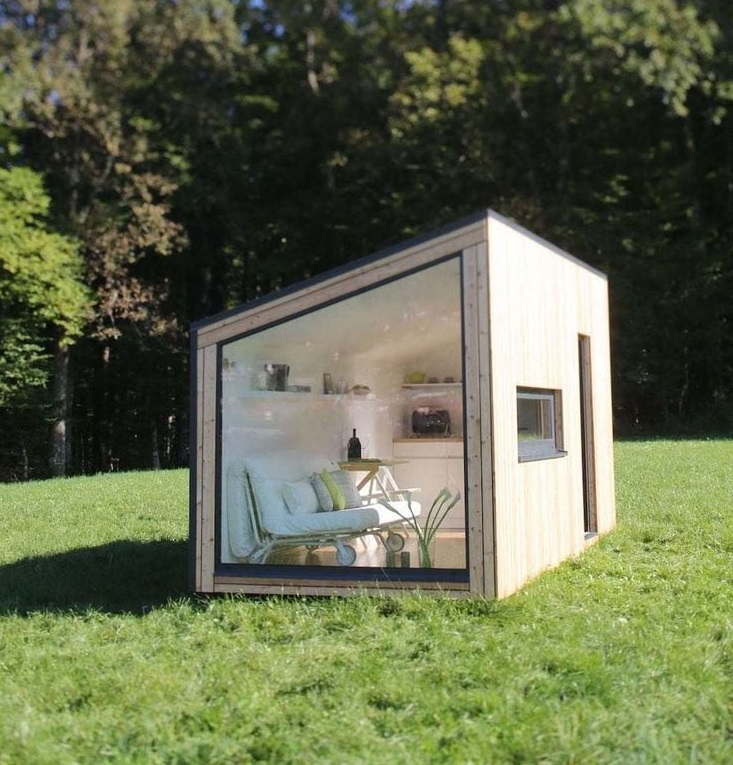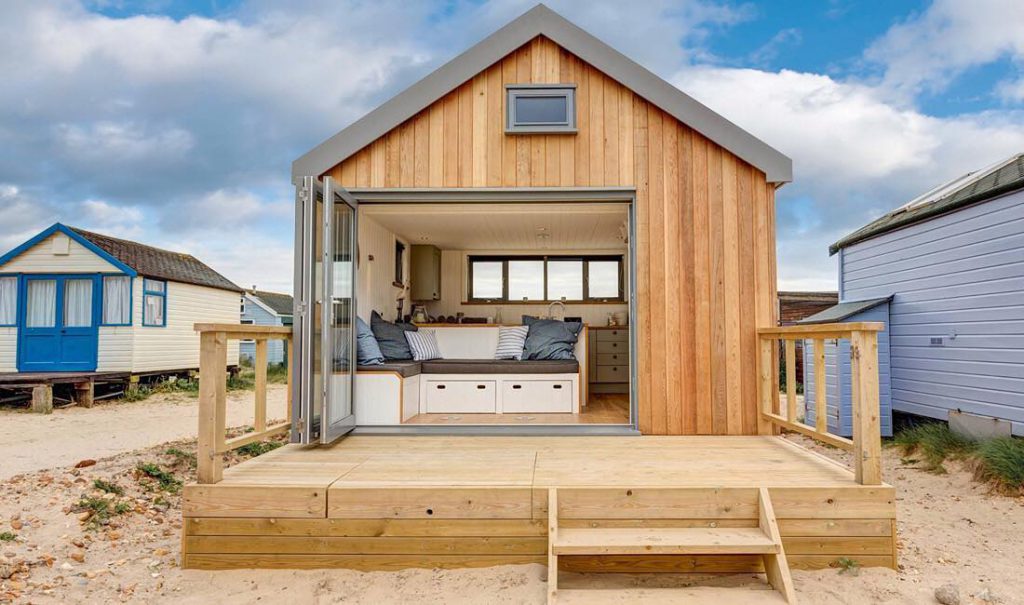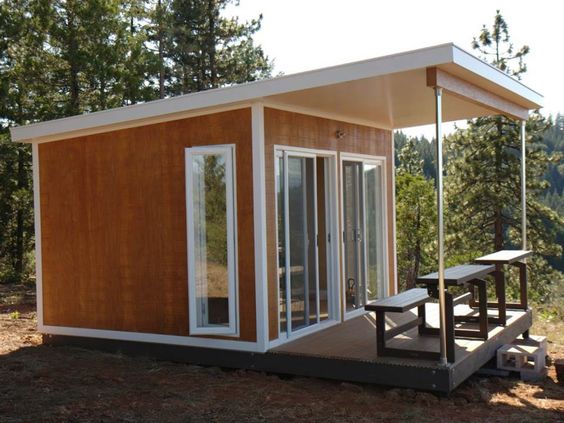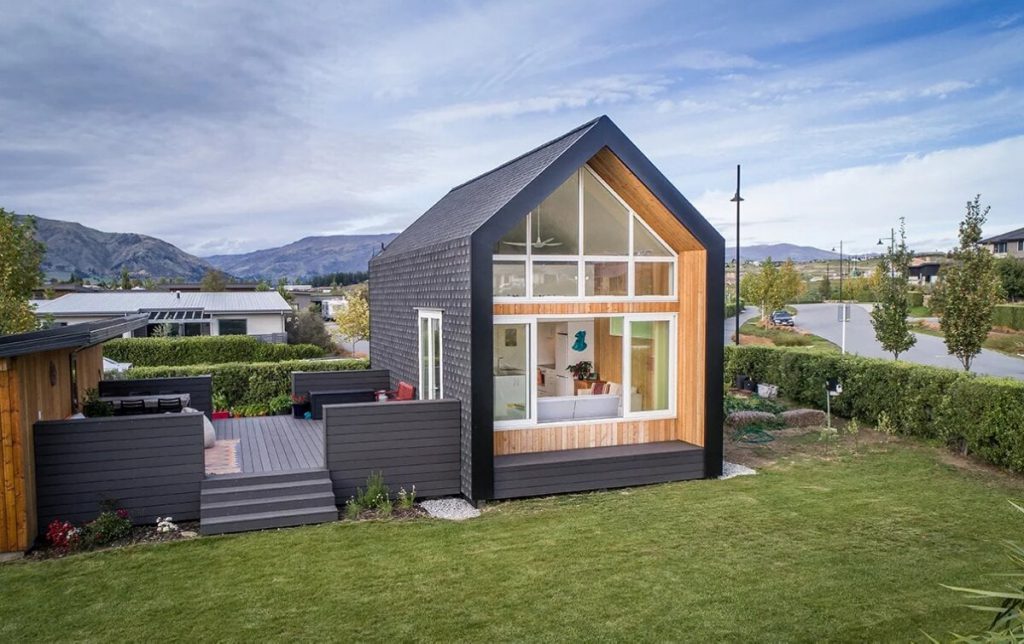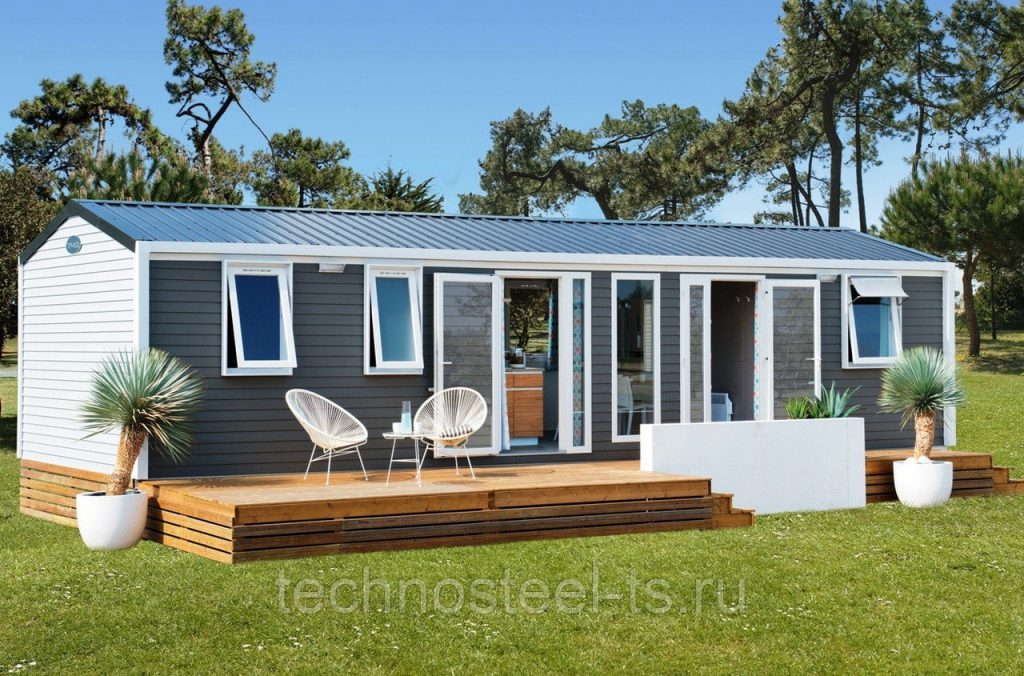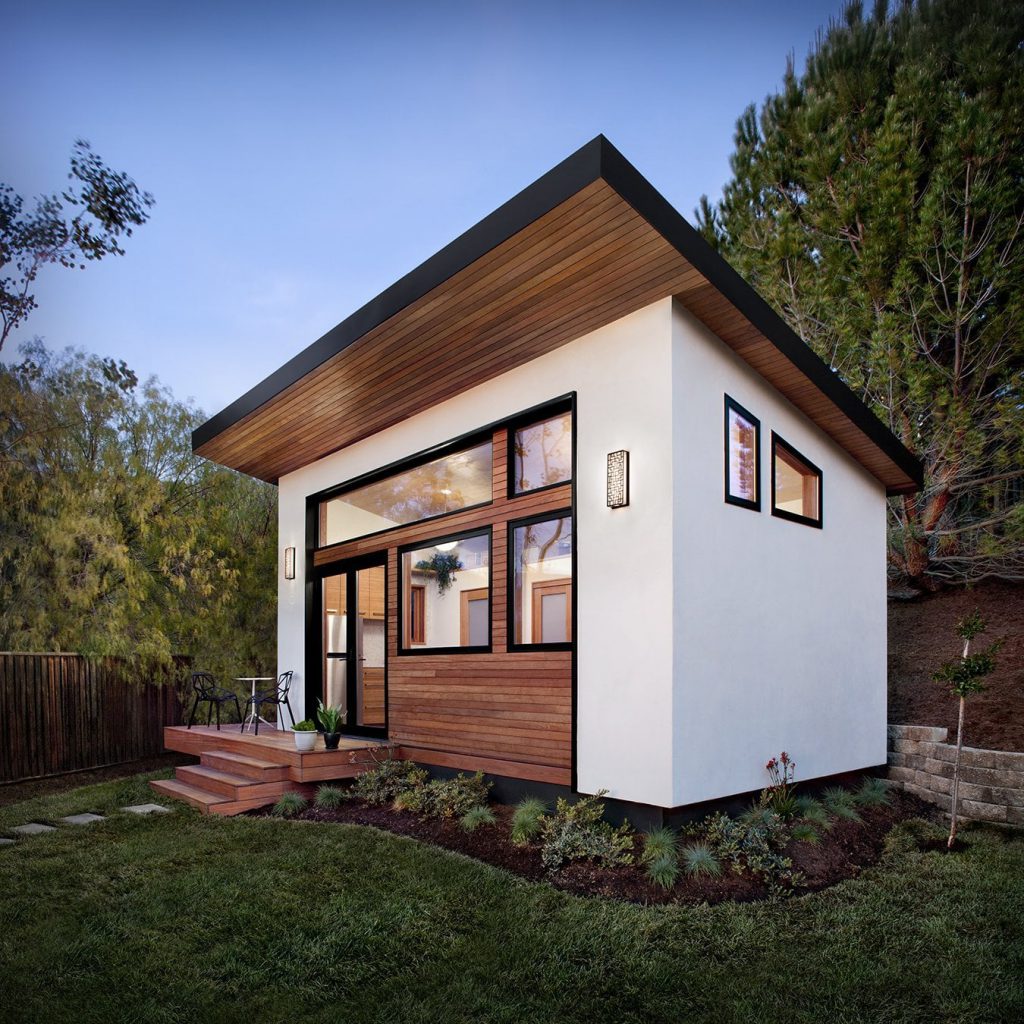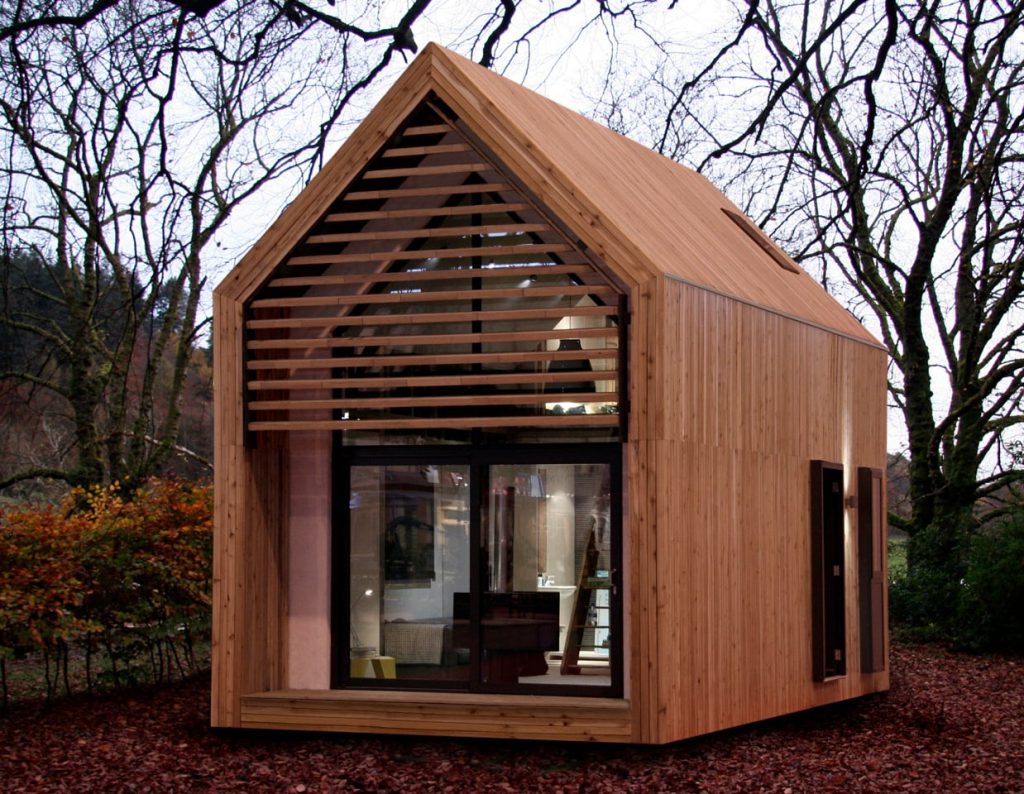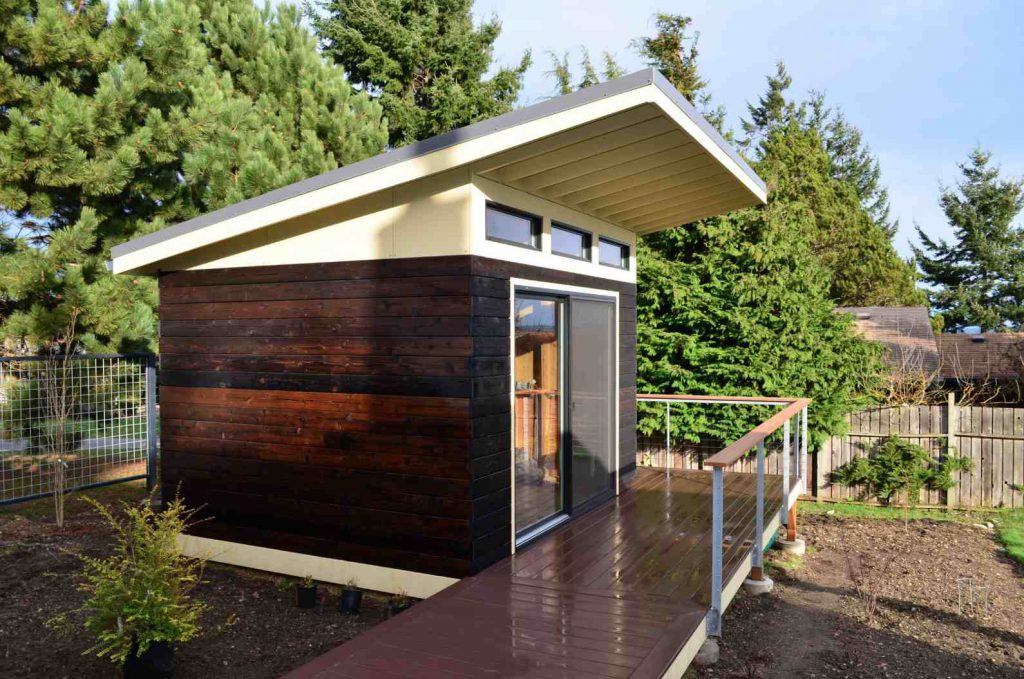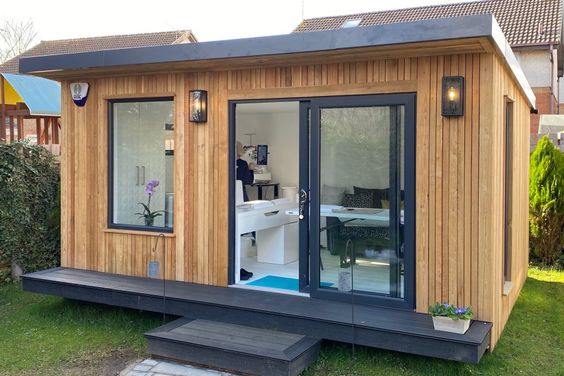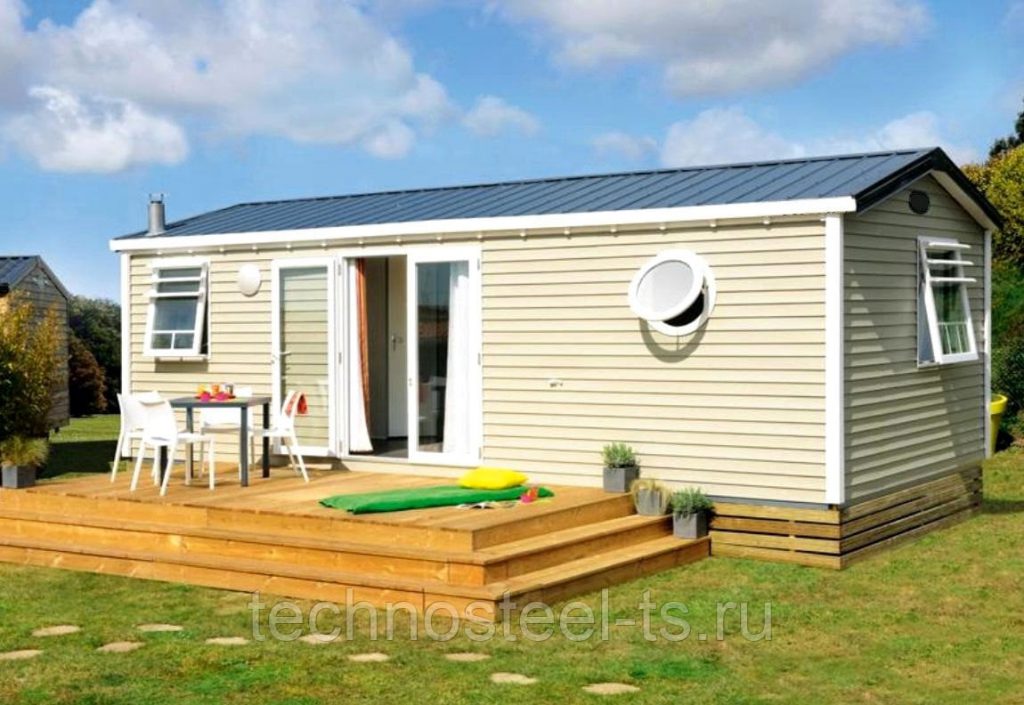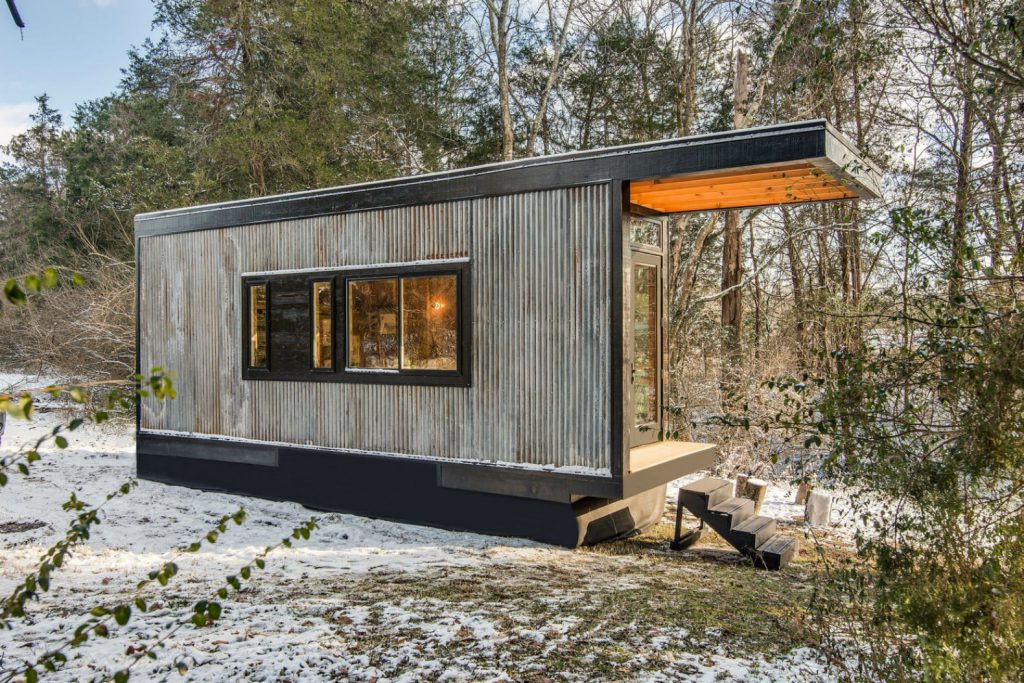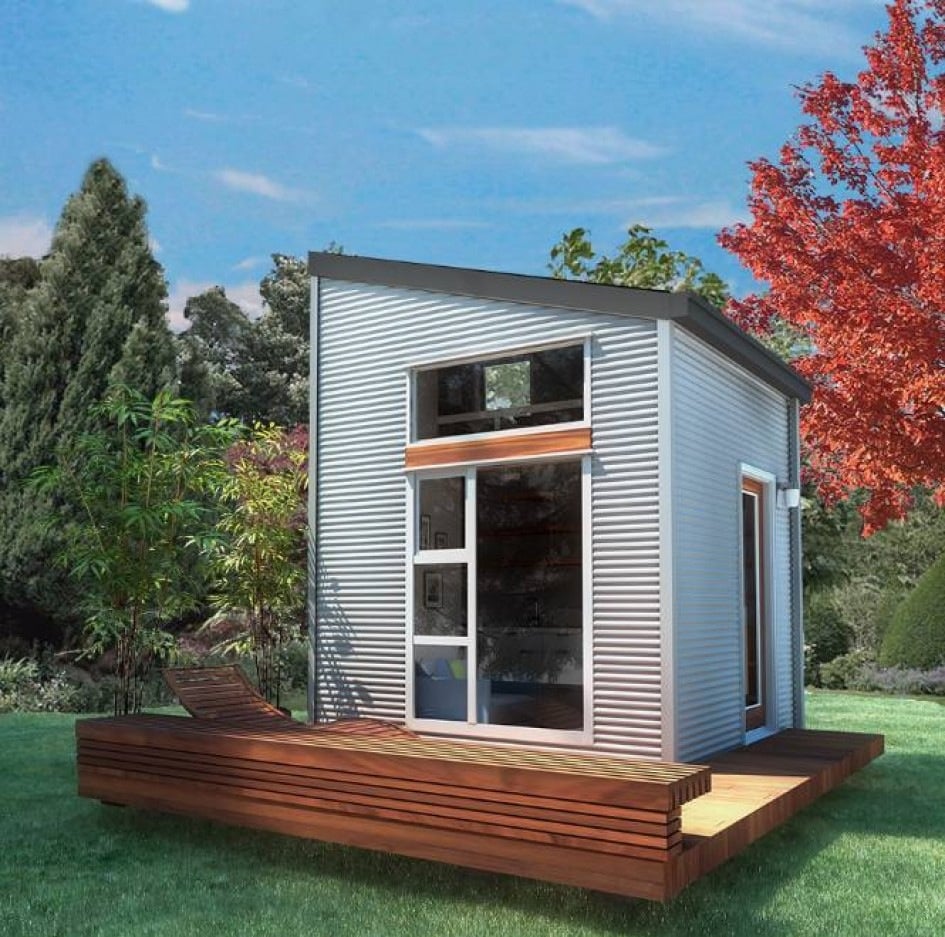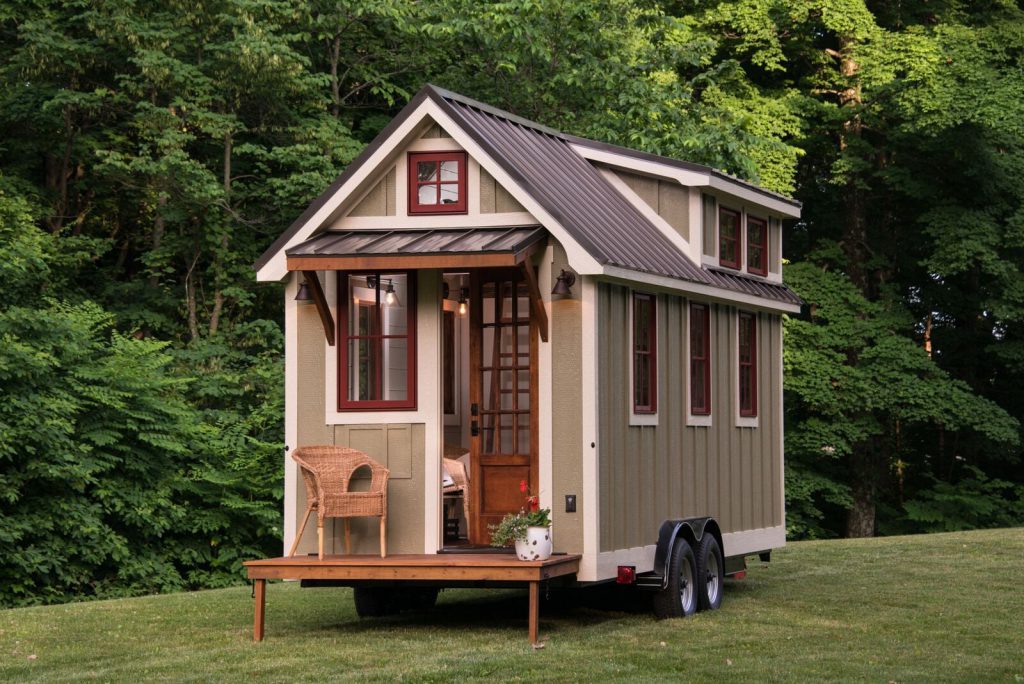Bigger isn’t always better. Larger homes may seem glamorous, but they’re also more expensive to purchase and maintain.
Having less space can make maintenance and upkeep easier and less time-consuming. It could be the difference between handling a weekly cleaning yourself or needing to pay for a cleaning service.
A smaller property also means less time and money spent on lawn care and landscaping. Even if you can handle those things on your own, a larger space still means paying for more supplies and covering higher maintenance costs.
Another one of the benefits of having a small house is that it’s less expensive to furnish. With no space to put a second or even third TV and no spare room to house a guest bed, you can skip those expenses altogether.
Smaller spaces can also limit the temptation to keep buying things, since you only have so much storage space.
This could help you make mindful and intentional choices about what you want to bring into your home, and mean less money wasted on stuff you don’t really want or need.
Choosing a smaller, more affordable home could help you become a homeowner sooner and spend less on the upfront costs of getting a mortgage.
It’s also easier on your wallet once you own your home, as you’ll likely have a lower monthly payment and cheaper utility costs.
Along with paying less, you can enjoy other perks, such as greater flexibility to invest in other areas of your life.
All these benefits of buying a small house could make it worth considering whether downsizing is a better match for your budget and your life.
.
..
.
.
.
